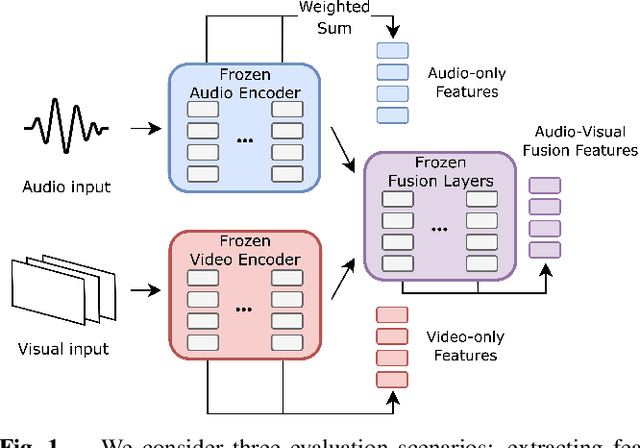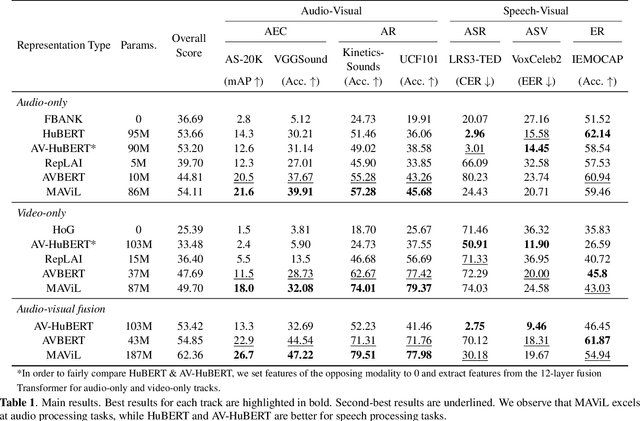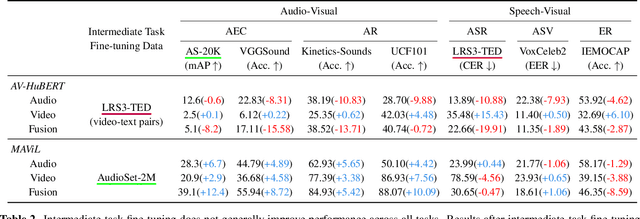Max Liu
Synthesizing Programmatic Reinforcement Learning Policies with Large Language Model Guided Search
May 26, 2024Abstract:Programmatic reinforcement learning (PRL) has been explored for representing policies through programs as a means to achieve interpretability and generalization. Despite promising outcomes, current state-of-the-art PRL methods are hindered by sample inefficiency, necessitating tens of millions of program-environment interactions. To tackle this challenge, we introduce a novel LLM-guided search framework (LLM-GS). Our key insight is to leverage the programming expertise and common sense reasoning of LLMs to enhance the efficiency of assumption-free, random-guessing search methods. We address the challenge of LLMs' inability to generate precise and grammatically correct programs in domain-specific languages (DSLs) by proposing a Pythonic-DSL strategy - an LLM is instructed to initially generate Python codes and then convert them into DSL programs. To further optimize the LLM-generated programs, we develop a search algorithm named Scheduled Hill Climbing, designed to efficiently explore the programmatic search space to consistently improve the programs. Experimental results in the Karel domain demonstrate the superior effectiveness and efficiency of our LLM-GS framework. Extensive ablation studies further verify the critical role of our Pythonic-DSL strategy and Scheduled Hill Climbing algorithm.
AV-SUPERB: A Multi-Task Evaluation Benchmark for Audio-Visual Representation Models
Sep 19, 2023


Abstract:Audio-visual representation learning aims to develop systems with human-like perception by utilizing correlation between auditory and visual information. However, current models often focus on a limited set of tasks, and generalization abilities of learned representations are unclear. To this end, we propose the AV-SUPERB benchmark that enables general-purpose evaluation of unimodal audio/visual and bimodal fusion representations on 7 datasets covering 5 audio-visual tasks in speech and audio processing. We evaluate 5 recent self-supervised models and show that none of these models generalize to all tasks, emphasizing the need for future study on improving universal model performance. In addition, we show that representations may be improved with intermediate-task fine-tuning and audio event classification with AudioSet serves as a strong intermediate task. We release our benchmark with evaluation code and a model submission platform to encourage further research in audio-visual learning.
 Add to Chrome
Add to Chrome Add to Firefox
Add to Firefox Add to Edge
Add to Edge